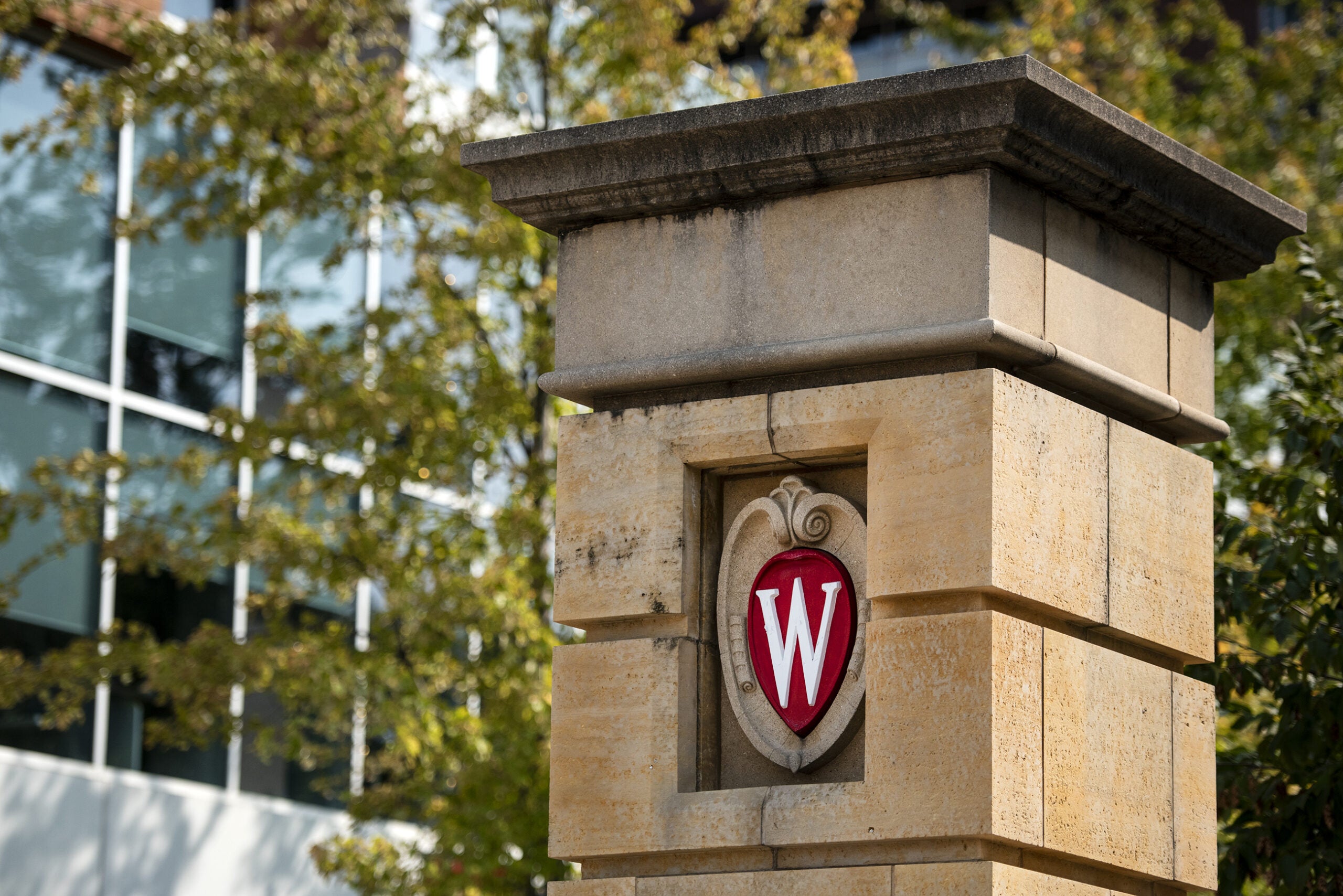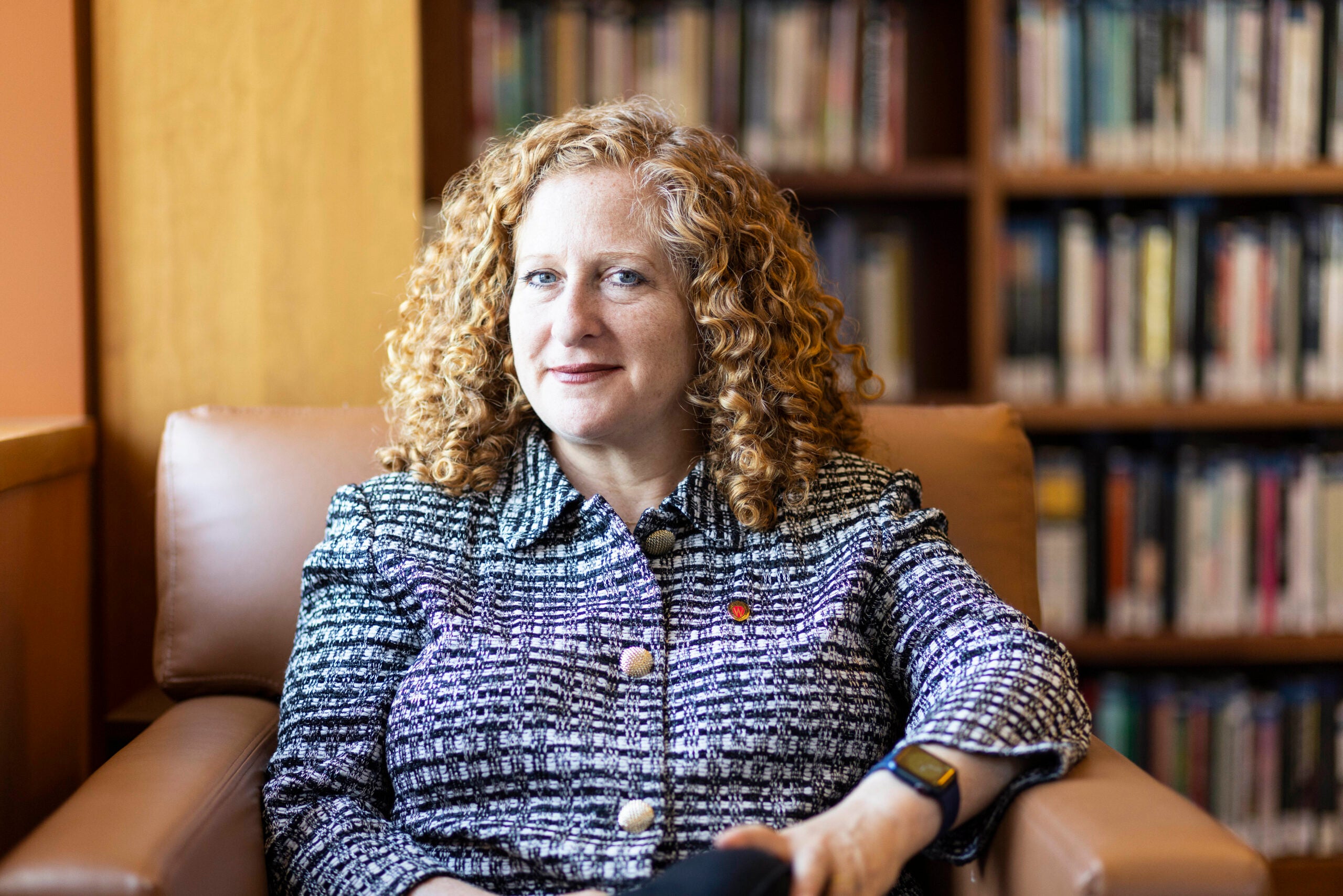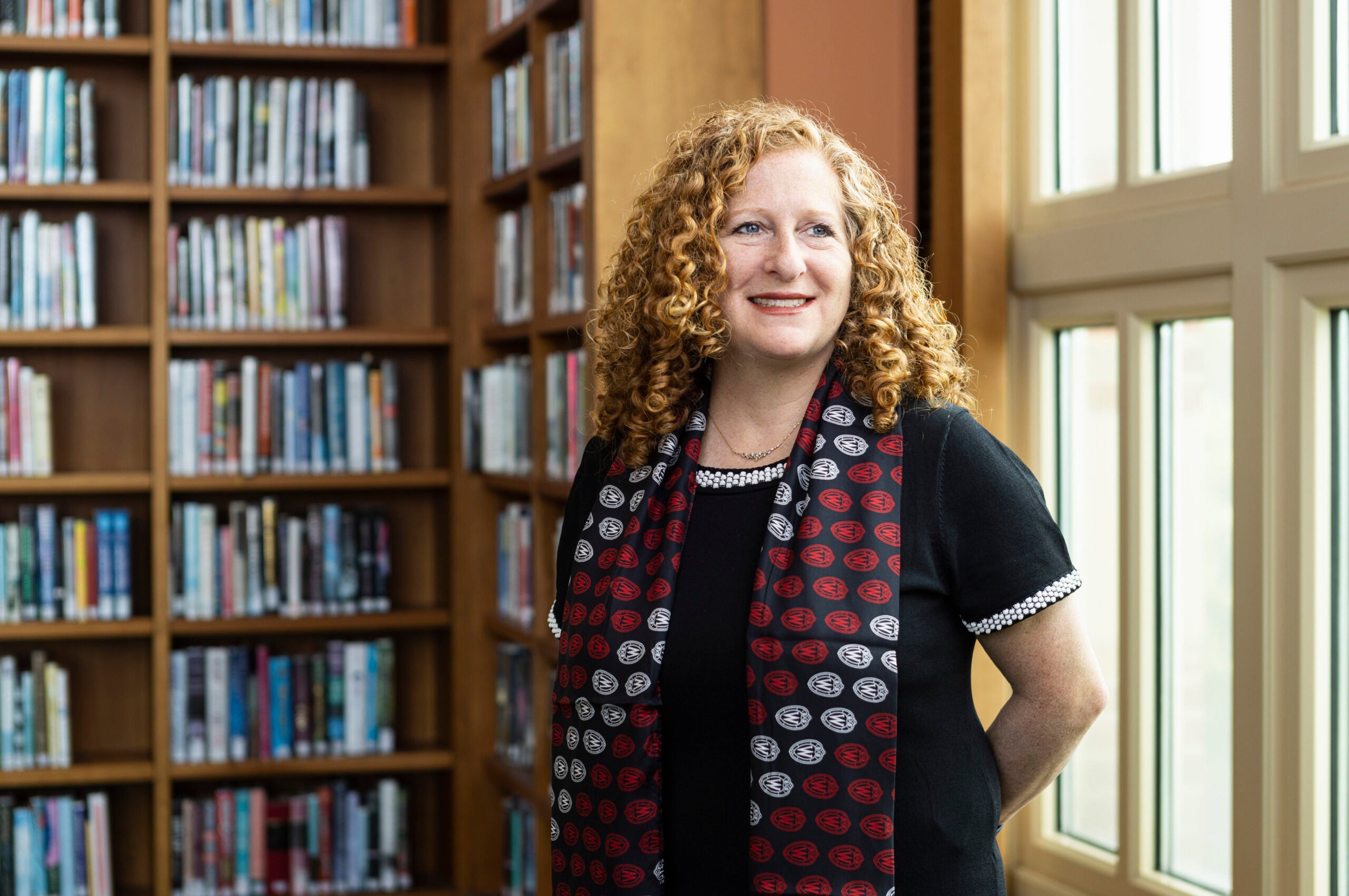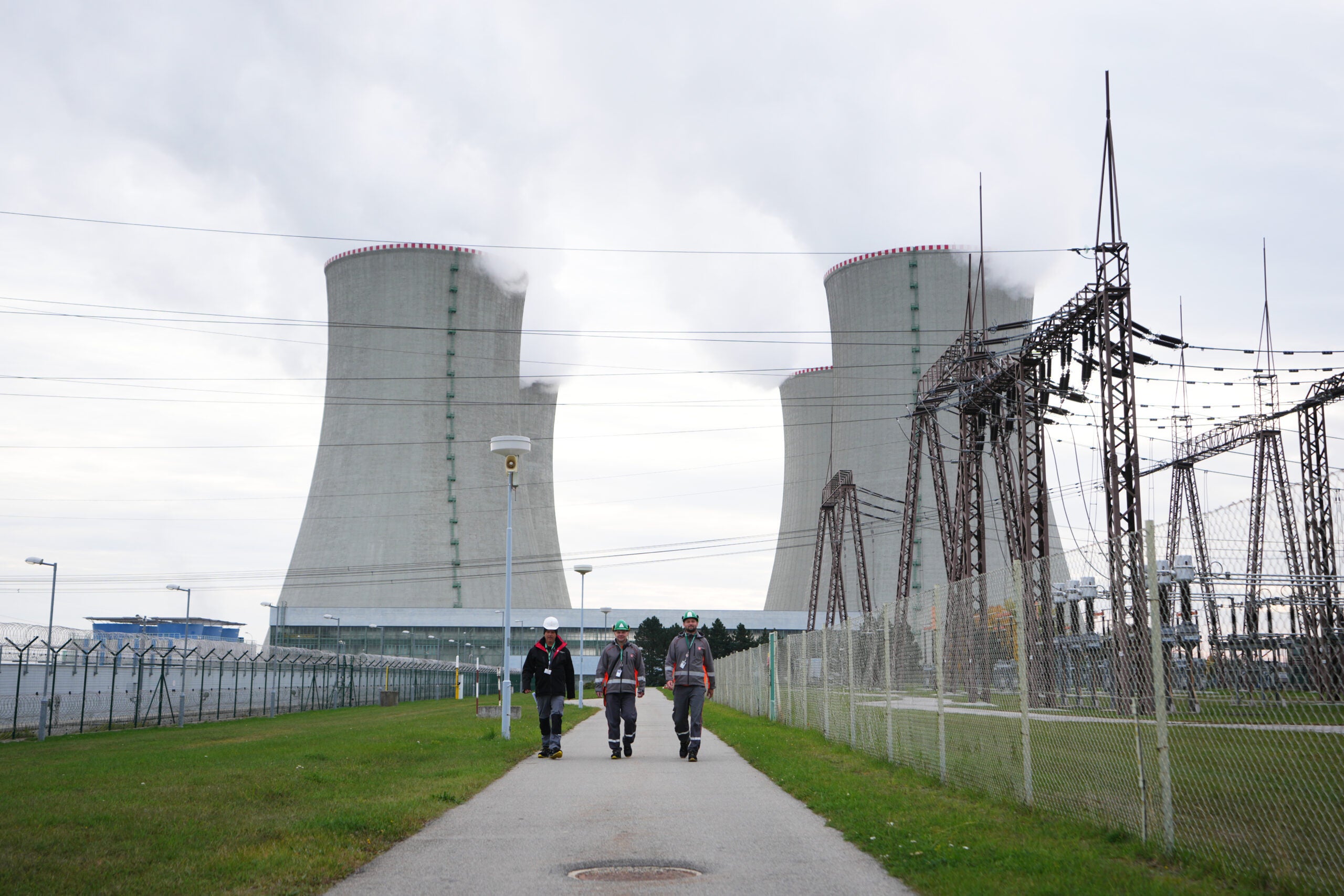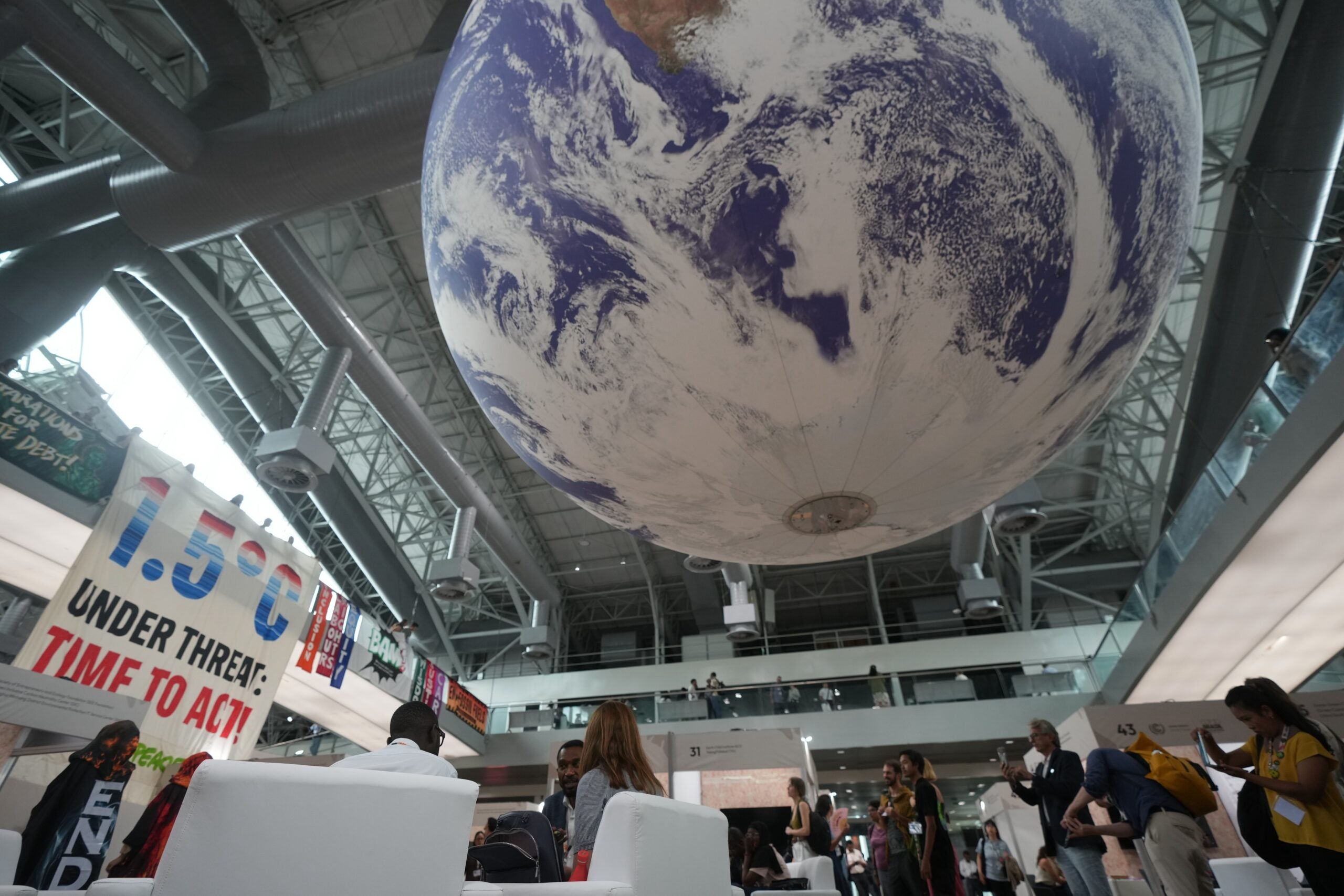The University of Wisconsin-Madison is launching an environmental sustainability initiative that will include carbon-reduction goals and a new research hub on campus.
UW-Madison Chancellor Jennifer Mnookin made the announcement during a recent UW Board of Regents meeting in Madison.
The plan takes a broad approach to environmental sustainability across campus.
News with a little more humanity
WPR’s “Wisconsin Today” newsletter keeps you connected to the state you love without feeling overwhelmed. No paywall. No agenda. No corporate filter.
“We’re also, for the first time, making some commitments about goals and sustainability in an explicit way,” Mnookin told WPR.
The initiative includes five goals:
- Launching a Sustainability Research Hub this spring
- Procuring 100 percent renewable energy by 2030 and net-zero emissions by 2048
- Ensuring all students have access to sustainability educational experiences by 2030
- Becoming a zero waste campus by 2040
- Achieving a gold rating under a sustainability tracking system for higher education by 2025
The university’s aim to reach net-zero emissions by 2048 coincides with its 200th anniversary that year. It’s also in line with targets set under the 2015 Paris Climate Agreement and the city of Madison’s goal to reach net-zero emissions by 2050.
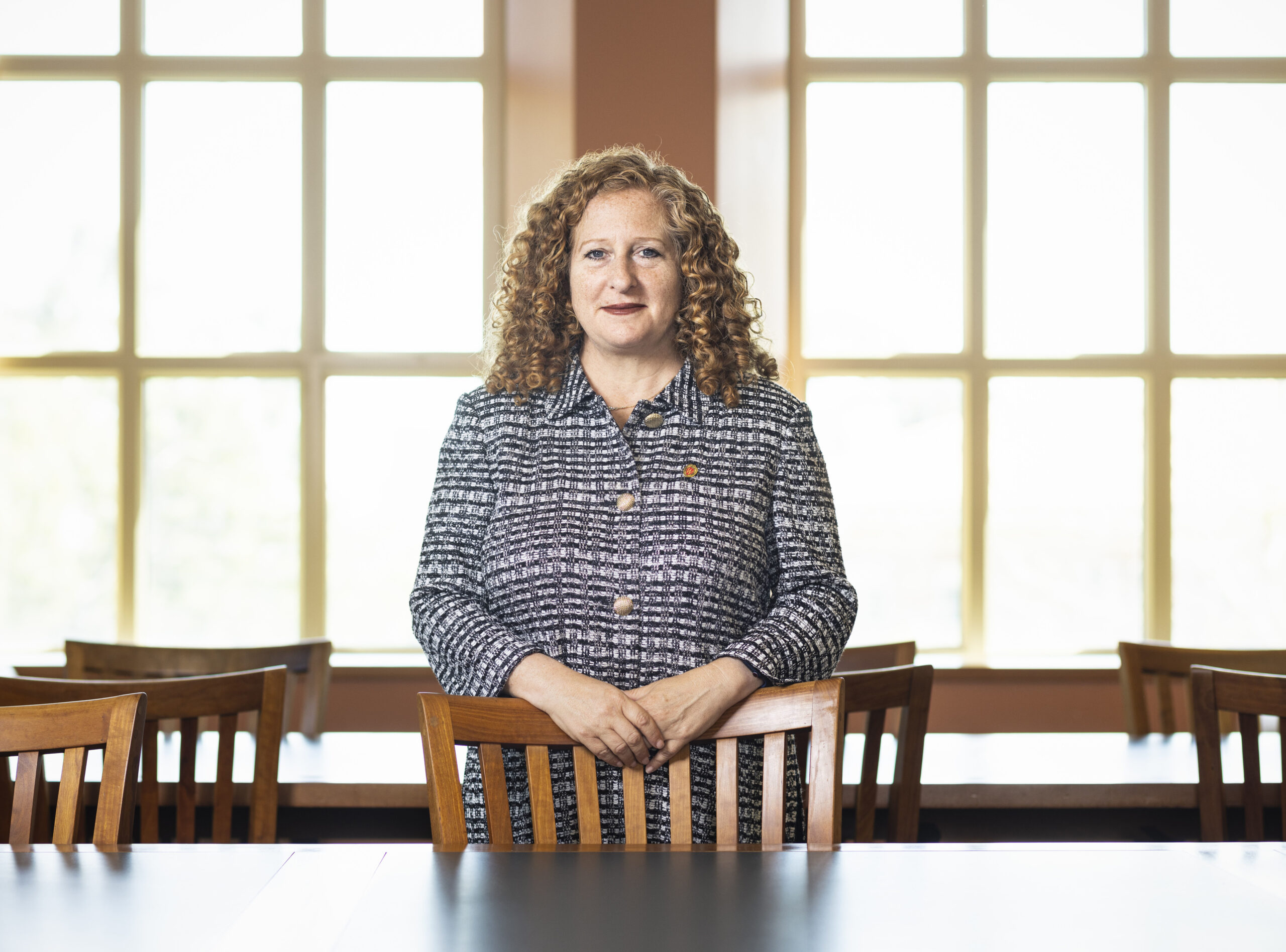
Under the targets, the university aims to make the switch to renewable sources at a faster pace than Democratic Gov. Tony Evers’ goal for the state to rely on carbon-free electricity by 2050.
Cindy Torstveit, the university’s associate vice chancellor of Facilities Planning and Management, acknowledged it’s an ambitious goal. She said about 16 percent of the 383 million kilowatt-hours used on campus is currently provided by renewable energy. The electricity now provided by rooftop solar installations and other renewable sources is enough to power more than 7,400 homes in Wisconsin, based on federal energy data.
“The majority of our electricity on campus is supplied by (Madison Gas and Electric),” Torstveit said. “Therefore, it’s really important for us to align our goal with theirs, and their goal is to be 80 percent carbon-free by 2030.”
The Madison electric utility had reduced carbon emissions by 26 percent in 2020, according to the state’s most recent energy assessment. Since then, MGE has announced it expects to end coal use by 2032, and it’s acquired shares of several solar and wind projects.
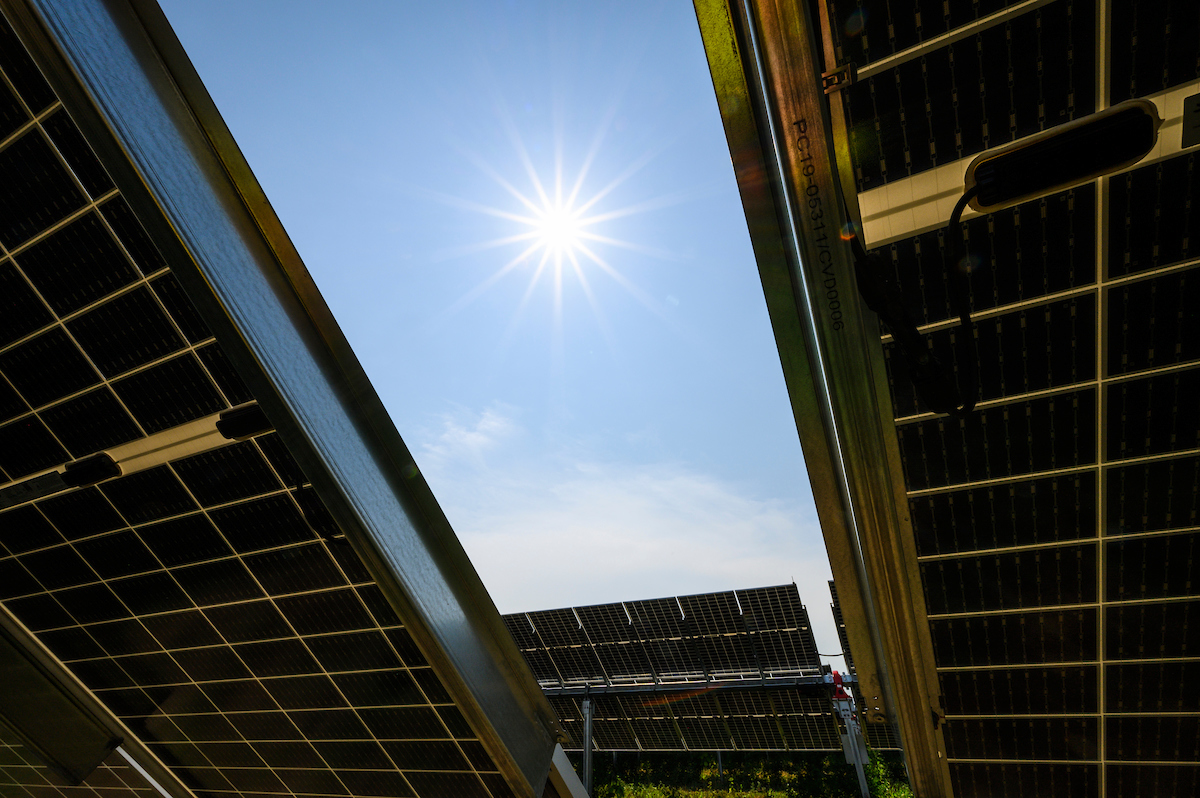
Torstveit said they’re hoping to provide 20 percent renewable energy on campus by 2030 to fill the gap left by the utility in order to meet the university’s goal.
Over half of the carbon emissions produced on campus comes from electricity, according to Torstveit. The university currently produces about 470,000 metric tons of carbon dioxide, a 45 percent reduction from 2007.
“As we reach our goals for 100 percent renewable electricity with our partners, we’re also going to begin reaching our goals for net-zero emissions,” Torstveit said. “So we’re expecting that by 2030, we will have reduced our direct emissions by half.”
The university is conducting several studies to examine decarbonizing heating and cooling systems, ideal locations for rooftop solar projects and electrifying its vehicle fleet. Torstveit said they’re still assessing the costs associated with their carbon reduction goals, as well as potential funding sources.
In addition to its carbon reduction goals, Mnookin said the initiative includes the launch of a new research hub this spring. It will initially be funded out of her office and reside within the university’s Nelson Institute for Environmental Studies.
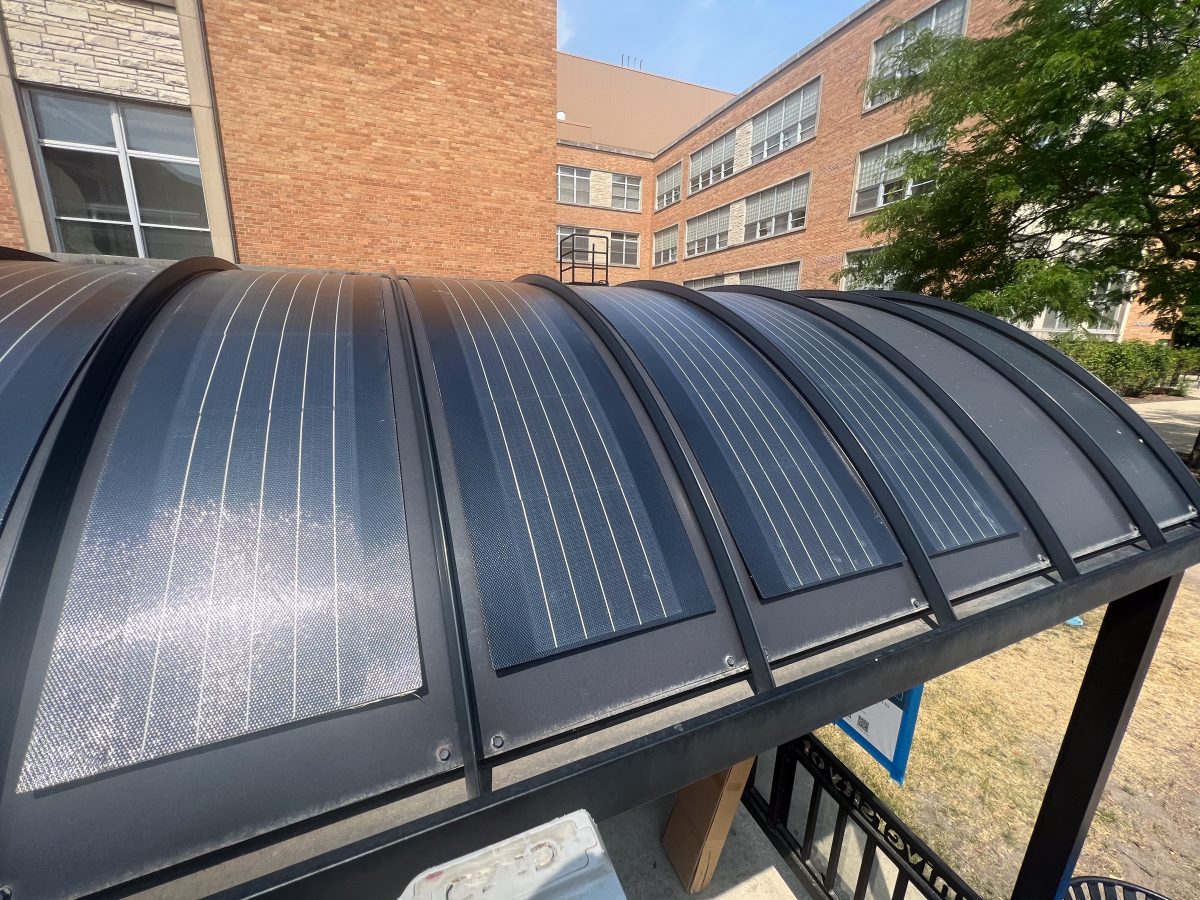
“This is going to help us drive more research in the area and also give faculty additional resources if they want to be pursuing grants or doing additional research on sustainability,” Mnookin told WPR. “And also hopefully encourage more cross-campus collaboration.”
Mnookin said university staff hope it will make the campus more of a living lab for sustainable practices.
“People are concerned about clean air, trout in their streams and the quality of their water,” said Paul Robbins, dean of the Nelson Institute for Environmental Studies, in a statement. “This campus sustainability initiative is an extension of our mission to listen to those people and address those concerns. Communities want to see it; our students are demanding it. The next few years are going to be very exciting.”
Wisconsin Public Radio, © Copyright 2026, Board of Regents of the University of Wisconsin System and Wisconsin Educational Communications Board.

